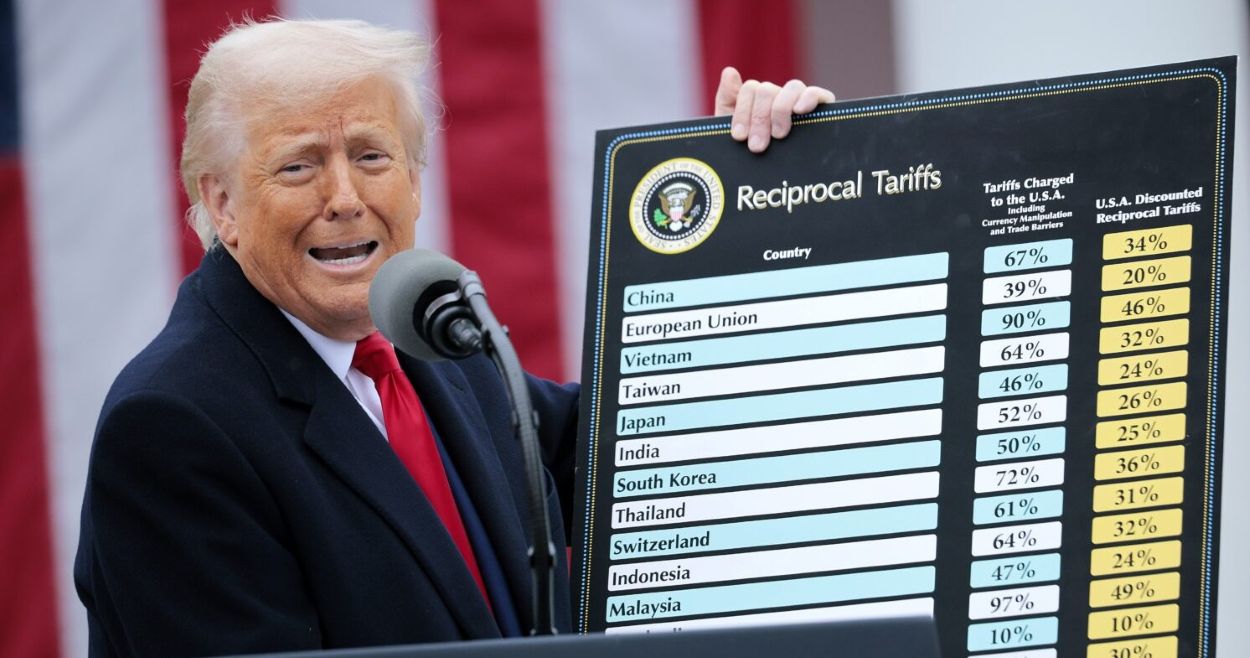Partial Cease-fire: Avoid Putin’s Pace
In a U.S.-Russia summit meeting, Putin rejected a proposal for an immediate, complete 30-day cease-fire that the U.S. and Ukraine had previously agreed upon. According to the Russian president’s office, Putin agreed to Trump's proposal of a 30-day suspension of attacks on energy-related facilities.
In a meeting between Zelenskyy and Trump, the leaders announced an agreement to cease attacks on energy infrastructure. Trump posted on social media that he would be “working quickly to have a[n]..end” to the war.” Zelenskyy said he hoped that “under American leadership, lasting peace can be achieved this year.”
However, Putin's rejection of a total cease-fire is extremely unsatisfactory. It is Trump's responsibility to make sure that this partial cease-fire agreement is a definite first step toward a justly won, permanent peace.
Within a few days, delegations from the U.S. and Ukraine will attend a conference in Saudi Arabia and discuss plans for a cease-fire in the Black Sea. On March 23, the U.S. and Russia will commence high-level talks, but negotiations are expected to be difficult. Trump should not be in such a hurry to implement an early stage cease-fire that such that he becomes a yes man for the invader Putin.
Disagreements between the involved parties over which targets to include in the cease-fire have surfaced. The U.S. and Ukraine insist that the cease-fire includes energy facilities and civilian infrastructure, while in contrast, Russia asserts it only includes energy facilities.
The Russian military continues to strike hospitals and other civilian facilities in Ukraine. At the same time, Ukraine would be blocked from counterattacking oil-related facilities in Russia, a tactic that has harried Russia.
Therefore, this agreement is significantly more beneficial to Russia. While Trump saves face through the cease-fire on energy infrastructure, Putin is not giving up the invasion of Ukraine.
The Russian military will likely rush to completely reclaim Kursk Oblast in western Russia, which the Ukrainian military has been partially occupying as a bargaining chip. Russia will likely also launch an offensive against eastern Ukraine.
However economically feasible it is to continue the war, Russia is in a trickier situation than outward appearances would indicate. If Trump wants to achieve a peace that the international community recognizes, he must also use pressure in his negotiations with Russia.


